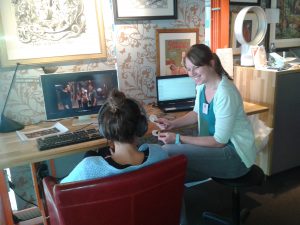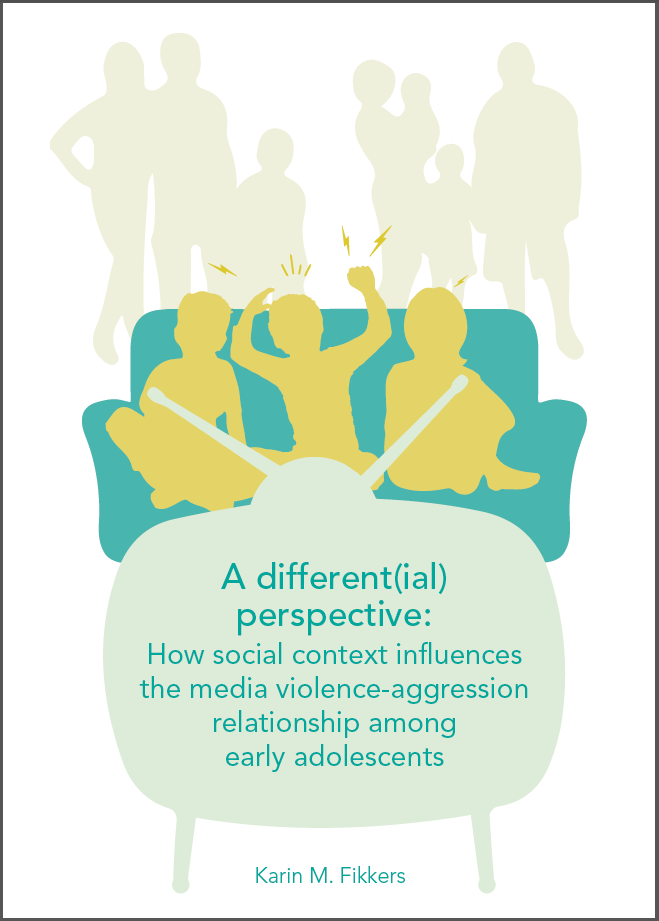Individual differences in responses to entertainment
During her postdoctoral years at the University of Amsterdam (2015-2018), Karin investigated individual differences in responses to and effects of entertainment. Her most recent work focused on questions such as: (1) What is the bidirectional longitudinal relationship between digital game play and children’s intelligence?, (2) Does violent entertainment affect teens’ aggression via sympathy, cognitive empathy, or affective empathy?, and (3) Which teens are more likely to select aggressive television content, and which forms and types of aggression do they prefer?
In August 2016, Karin collected data in the Nemo Science Museum in Amsterdam, as part of the Science Live program. The goal of this study was to learn more about children’s individual differences in their cognitive, emotional, and arousal responses to media entertainment. More than 200 children between 7 and 15 years and (one of) their parents participated in this study. Children’s heart rate and skin conductance were measured while they were watching Spykids. This project received attention in the media and was featured in Dutch newspaper Het Parool, university magazine Folia, radiostation BNR, and Amsterdam television news station AT5. An article based on these data has been submitted to an academic journal. Participating parents and children can find out more about the results here.

Dissertation research
Karin conducted her Ph.D. research as part of the larger project “The entertainization of childhood”, supervised by Professor Patti Valkenburg and Dr. Jessica Taylor Piotrowski. Between 2011 and 2015, this project consisted of a large longitudinal study that aimed to uncover which children are most susceptible to entertainment effects and why. Karin’s specific focus was on violent media entertainment and its relationship with early adolescents’ aggressive behavior. This research culminated in five published articles and a dissertation that was successfully defended cum laude in February 2016.
A summary of the main conclusions of Karin’s dissertation can be read here. Karin’s dissertation work was featured in several media outlets, such as De Volkskrant, Radio 1, and a recent commentary in the Lancet Child & Adolescent Health.
This page was last updated on June 29, 2023.
